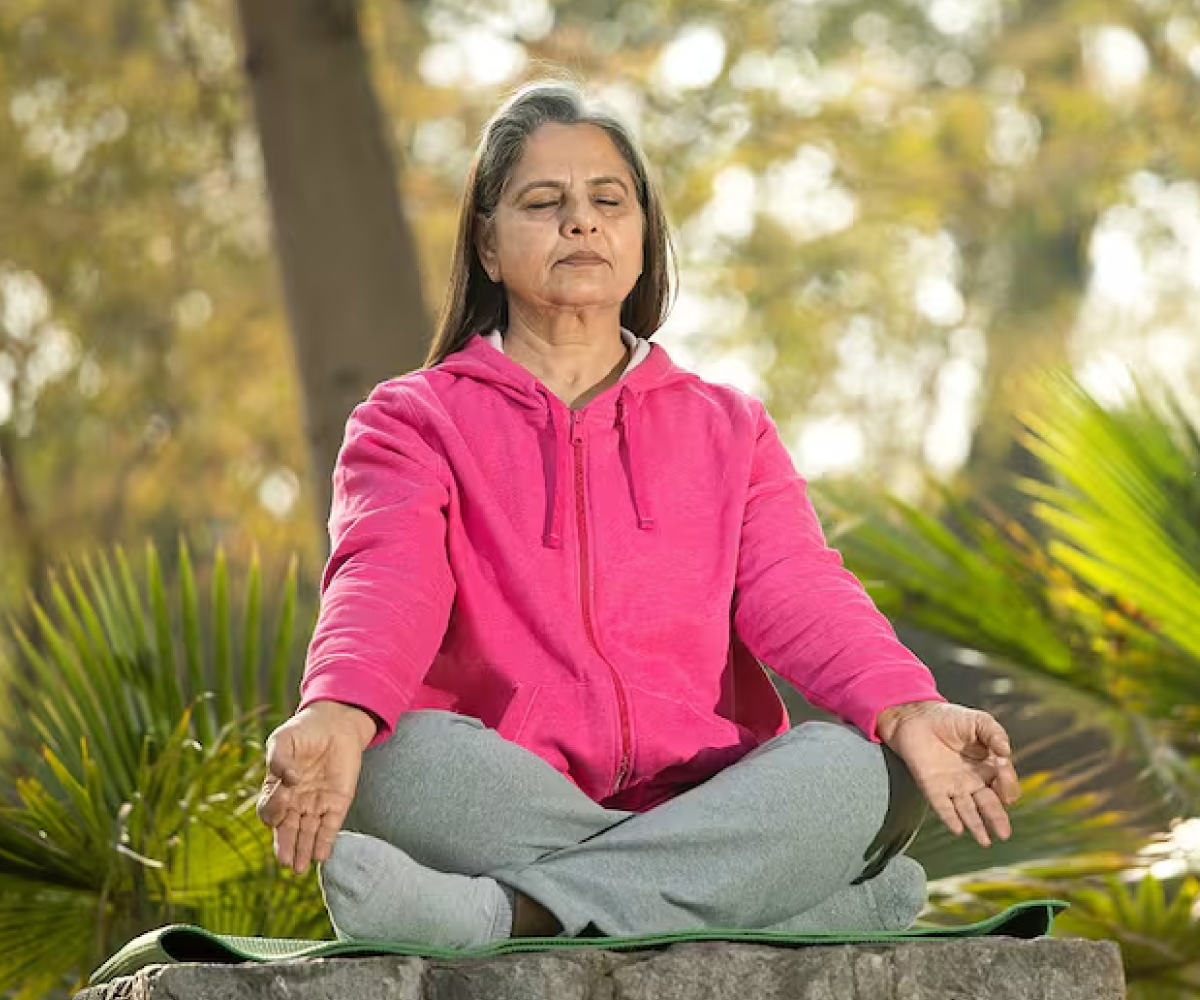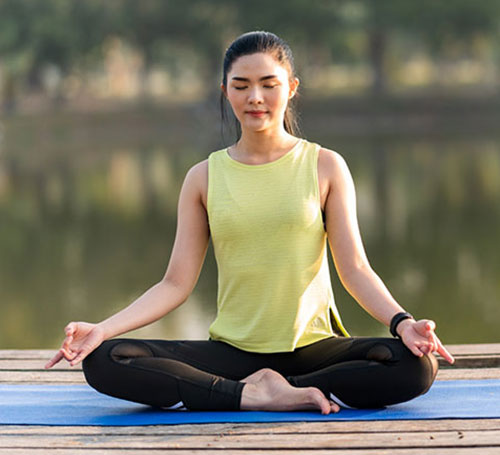
There are 3 major milestones in a woman’s life – menstruation, pregnancy and delivery, and menopause. Every woman has to experience menopause in their lifetime. It denotes cessation of menstrual cycles and the end of reproductive years. Alongside with menstruation and pregnancy, it completes the trio of transformative events that form major components of a woman's physical and emotional journey. Women usually experience menopause between the age 45 and 55. However, the exact time period can vary among individuals.
The production of estrogen and progesterone gradually reduces during menopause. This phenomenon leads to the cessation of menstrual periods. Menopause is a natural process and many women usually do not need medical intervention. However, the transitional phase leading up to it can bring about a range of physical and emotional changes.
Many women experience irregular periods, hot flashes, night sweats, vaginal dryness, and mood swings during their premenopausal phase. These symptoms are primarily attributed to fluctuations in hormone levels. A few women also encounter challenges like sleep disturbances, urinary incontinence, changes in libido, cognitive changes like forgetfulness, and alterations in body composition such as muscle loss and weight gain.
Some women handle this transition with relative ease, however, it may be difficult for other due to numerous symptoms that can significantly imapact quality of life. Some women are prescribed medical treatments to alleviate menopausal symptoms and promote well-being. Low-dose oral contraceptives are often used to help regulate menstrual cycles and manage symptoms like hot flashes and mood swings. Prescription medications originally used for conditions like epilepsy, depression, or high blood pressure have shown efficacy in mitigating menopausal symptoms. Menopausal hormone therapy, involving estrogen and progesterone supplementation, remains a cornerstone treatment for addressing vasomotor symptoms and vaginal discomfort. Additionally, prescription medications designed specifically for vaginal atrophy can provide relief from associated symptoms.
Beyond conventional medical interventions, complementary approaches like yoga offer holistic benefits for women navigating menopause.According to Yoga Rahasya, “Some important angas (limbs) of yoga which make the body healthy, must be practiced with discipline by women, for the protection of the family.” Practices such as āsana (physical postures), prāṇāyāma (breath control), and dhyāna (meditation) can help regulate the endocrine system, stabilize hormonal secretions, and alleviate symptoms like hot flashes, mood disturbances, and sleep disturbances. Yoga also promotes relaxation, reduces anxiety, improves mood, enhances sleep quality, and boosts overall well-being.
At Yoga Samvidaa, our approach to menopausal health centers on empowering women to navigate this transition with grace and resilience. The main long-term goal is to gradually lead the individual towards “Mahamudra”. The short-term goal is to relieve the symptoms and relax the individual by focusing on extending the exhale component of breath. We provide a course plan that decreases the menopausal symptoms and helps to go through the symptoms with ease and comfort.


